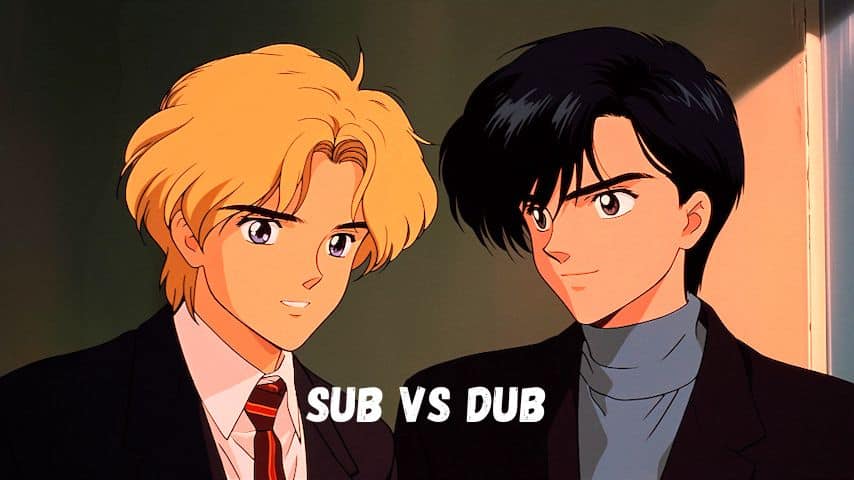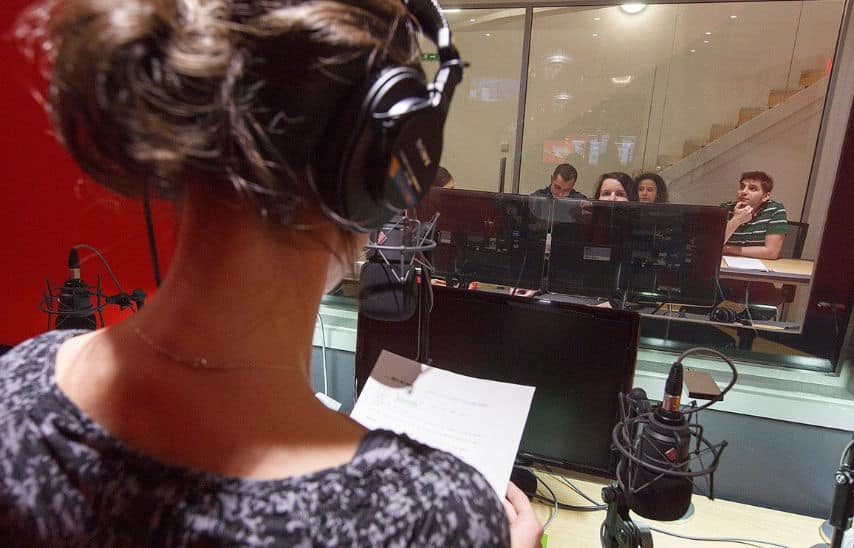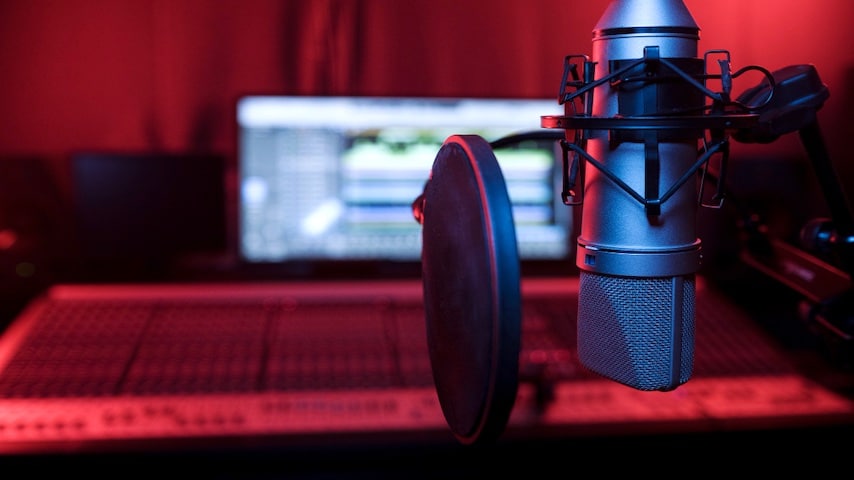When you think of the typically British accent, chances are you are thinking about the Received pronunciation accent. Notice that it is an accent, not a dialect, because the speakers speak Standard English.
RP is also known by many other popular terms, such as BBC English, Oxford English, and the Queen’s English.
Read on to learn more about the history of received pronunciation, what it sounds like, and how to talk in this accent. Yo could also read why we find the British Accent so charming.
Table of Contents
ToggleWhat is British Received Pronunciation (RP)?
Over the last 1,500 years of the history of the English language, much has changed. The vocabulary and pronunciation have changed drastically.
The first English dictionary was created by Doctor Johnson in the 18th century. But the dictionary only addressed the spelling rules, not the pronunciation.
The conservative received pronunciation has a history of only a couple of centuries. This was when Queen Elizabeth II took the throne.
Only in the early 20th century did linguists start using the “Received Pronunciation” term. Linguists used this term to refer to an accepted or approved standard British accent.
Today, received pronunciation is still widely used when teaching English as a foreign language. It is also used as a reference point for dictionaries and in public broadcasting.
Have you noticed that the iconic movie villains have a RP Accent?
What Does Received Pronunciation Sound Like?
Every British accent has its own distinct characteristics. There are many differences between standard English and received pronunciation.
In RP, the /r/ sound at the end or in the middle of a word is dropped unless there is a vowel after it.
Another feature of this accent is the linking r sound. An /r/ sound is added if a word that ends in r is followed by a vowel. “Four eyes” will be pronounced as “four rise.”
Films that were made in England until the early 1960s usually featured a lot of RP. Here are some of the most well-known examples of actors using the received pronunciation accent in movies:
- Diana Rigg in Game of Thrones
- Kenneth Branagh in Harry Potter
- Judy Dench in James Bond
- Sir Anthony Hopkins in The Silence of the Lambs
- Helen Mirren in The Queen
Does the Royal Family use RP?
The Queen’s English accent is perhaps the most famous accent in the world, but is it really RP?
According to the British Library, the Queen spoke an almost unique form of English. The delivery and tone used by the Queen were unmistakably hers, even though her accent can still be found in older upper-class British speakers today.
Other members of the Royal Family speak a slightly different, less posh version of the Queen’s English (Do you know what a posh accent means?).
How to Speak with a Received Pronunciation Accent?
Whether you are a voice actor who has landed a part in a show based in the UK or a producer looking for the perfect voice for your next voice-over project, here are a few tips on how to nail the received pronunciation accent.
- Use long vowels. Words like can’t, dance, grass, and bath, have long “ahh” sounds. In northern dialects, they are pronounced with shorter vowels like the sounds in sat, bat, and cat.
- Purse your lips, drop your jaw, and open your throat. Move your jaw down when pronouncing the long ‘a’ sound, much like the ‘ahh’ sound. The ‘o’s in RP are pronounced by pursing your lips and making an ‘o’ with your lips.
- Each consonant should be fully articulated. Unlike non-RP accents, RP is not rushed. Take your time to fully article every consonant. The word ‘particularly’ will be pronounced as ‘par-tic-yoo-lahr-ly.’
- Leave out British slang and the addition of words such as ‘like.’
- While there are many differences between American English and British English, these differences are even more pronounced when compared to the received pronunciation accent.
British RP Voice Actors
Finding actors with authentic Received Pronunciation accents for voiceover projects is easy with GoLocalise! (and Brummie, Cockney, and Scouse Accents as well!)
For instance, listen to Louise, one experienced British English Voice-Over artist.






















